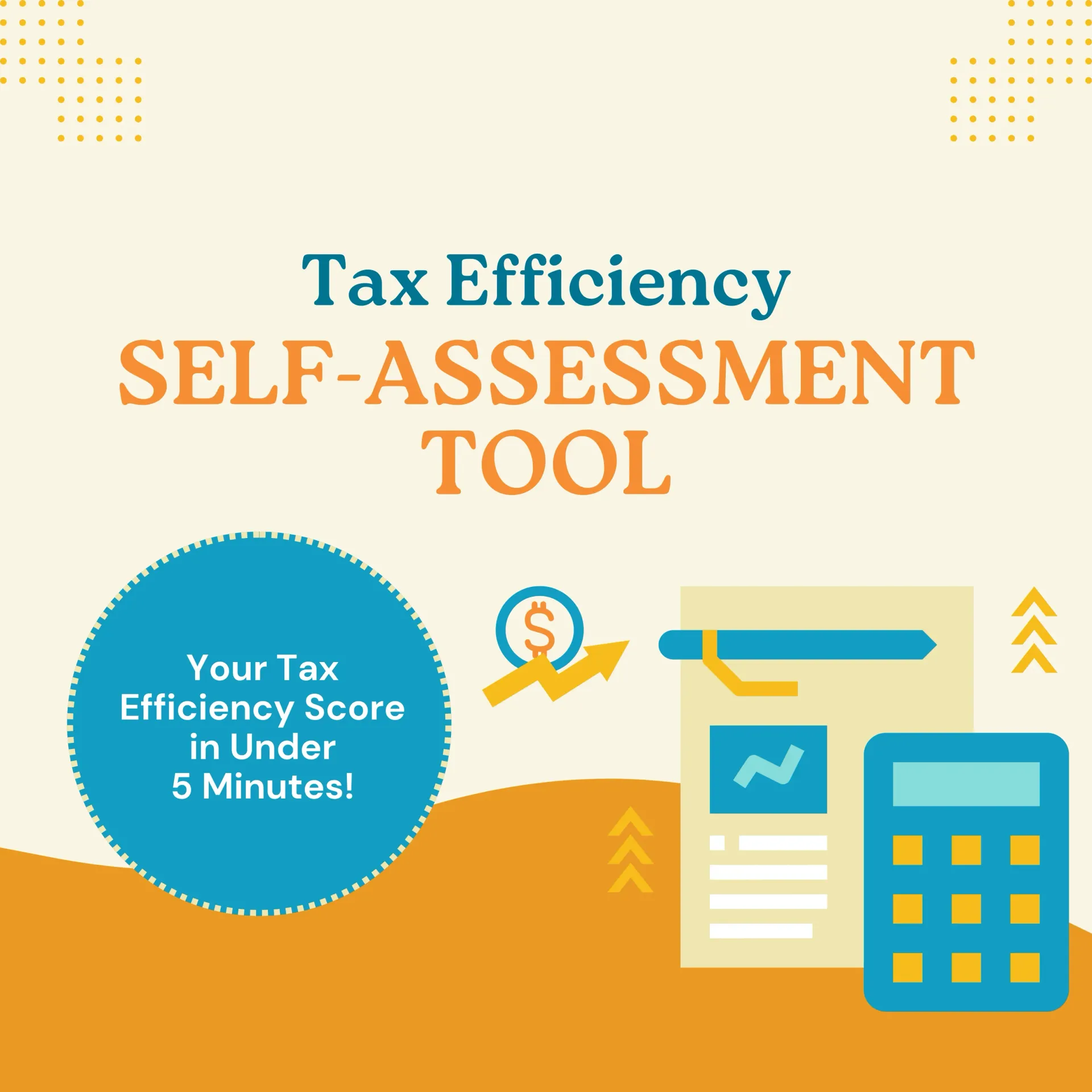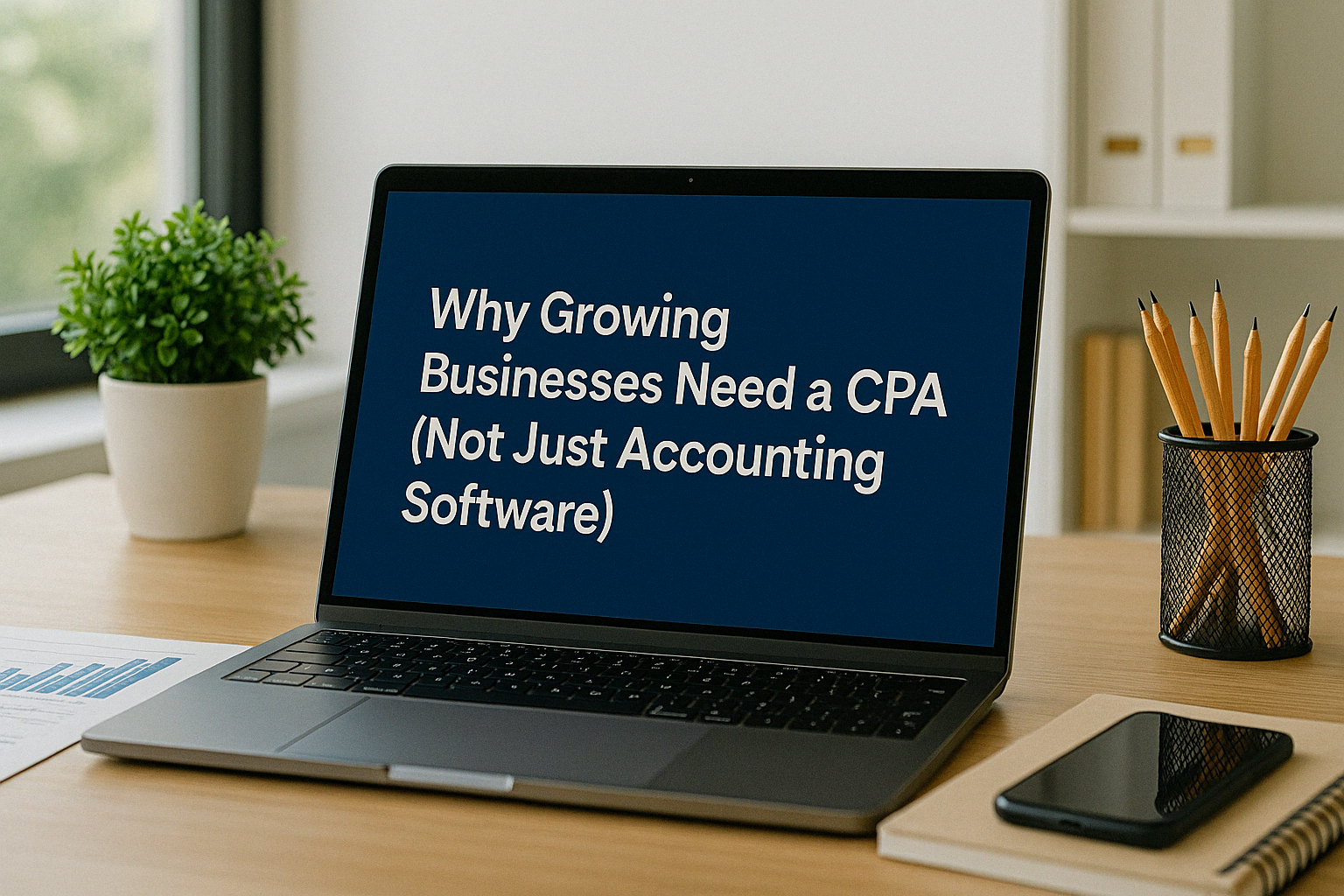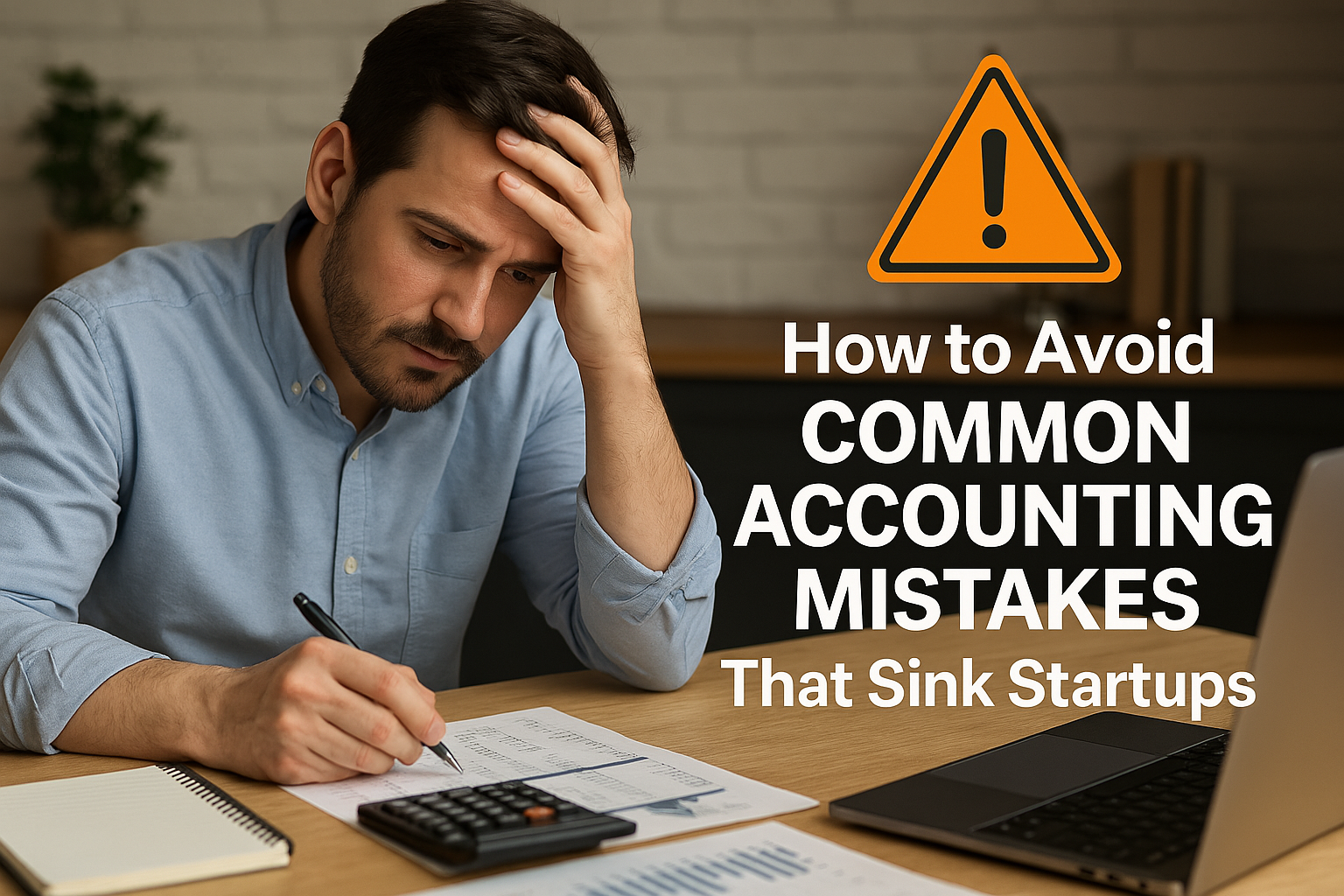How to Pay Yourself as a Startup Founder Without Hurting Your Business

So, you’ve launched your startup, bootstrapped your way through sleepless nights, and now money is starting to come in. But here comes the million-dollar question: how do you actually pay yourself… without draining your business dry?
This isn’t just about grabbing a check at the end of the month. It’s about finding that sweet spot between compensating yourself fairly and keeping the business strong. Whether you're figuring out how to pay yourself as a startup founder, debating between salary vs draw, or trying to stay tax-efficient, this guide from the team at Straight Talk CPAs is going to walk you through it—no fluff, just solid strategy.
Startup founder salary, business owner salary structure, S Corp owner salary rules, tax-efficient founder compensation—these aren’t just buzzwords. They're key to your financial stability and your business’s long-term health. So let’s get into it.
Why Founder Compensation Isn’t One-Size-Fits-All
First things first—there’s no universal rulebook for how startup founders should get paid. Your ideal approach depends on a few things:
- Your legal business structure (LLC, S Corp, C Corp, sole proprietorship, etc.)
- Cash flow and revenue consistency
- Growth stage and funding status
- Your personal living expenses
It’s tempting to follow what others are doing, but blindly copying another founder’s pay model can backfire. What works for a founder pulling in venture capital may not work for a solopreneur trying to stay lean.
Salary or Owner's Draw: What’s the Difference?
Let’s clear up the confusion between a salary and a draw.
Salary means you’re on payroll and receive a regular paycheck, taxes and all. It’s common for S Corps and C Corps and gives you predictability—but also responsibilities like payroll taxes and compliance.
Owner’s draw is when you take money directly out of your business profits. It’s flexible and used mostly in sole proprietorships, partnerships, and LLCs. There’s no tax withholding upfront, but you’ll need to plan for taxes later.
Example:
Alex runs an LLC selling eco-friendly packaging. She takes $3,000/month as a draw when sales are stable. Her friend Marcus runs an S Corp software startup. He takes a $60,000/year salary, which keeps things clean for tax purposes and helps him qualify for a mortgage.
What’s “Reasonable Compensation,” Anyway?
If your business is structured as an S Corp or C Corp, the IRS wants to see that you’re paying yourself a “reasonable salary.” That means what someone in your role would earn in the open market.
Paying yourself too little? The IRS might reclassify distributions as wages and hit you with penalties. Too much? You’re robbing your business of cash it needs to grow.
A good benchmark is researching market salaries for your role using platforms like Glassdoor or Payscale, then adjusting based on your business’s performance.
When Should You Start Paying Yourself?
We get it—founders often put themselves last. But you can’t operate at your best if your personal finances are falling apart.
Here’s a smart approach:
1. Cover the basics first.
Make sure your business is covering its core expenses: rent, software, team, product costs, taxes.
2. Build a 3-6 month cash buffer.
Don’t start drawing a salary until your business has a cushion. That buffer helps avoid the feast-or-famine cycle.
3. Then, pay yourself modestly.
Start small and ramp up as revenue becomes predictable. Even $1,500 a month can help keep your lights on and your stress down.
How Much Should You Pay Yourself?
It’s a balancing act. Too little and you’re stressed. Too much and your business suffers. A common rule of thumb:
Take 50% or less of your net profits as compensation. Save the rest for reinvestment.
Here’s a simple framework:
- Pre-revenue? Don’t take pay yet—focus on growth.
- Early revenue (under $10K/month)? Keep pay under 30% of revenue.
- Stable revenue ($10K–$50K/month)? You can increase to 40–50%.
- Scaling phase? Reevaluate based on profit margins, hiring needs, and tax strategy.
Be Smart About Taxes
Let’s talk taxes. If you’re paying yourself via draw in an LLC, all your profits are subject to self-employment tax (about 15.3%).
S Corps offer a tax break: you can split income into salary (subject to payroll taxes) and distributions (not subject to self-employment tax). But that’s only if you’re paying yourself a reasonable salary first.
Example:
Sarah formed an S Corp and takes a $50,000 salary and $30,000 in distributions. She saves thousands in taxes compared to taking $80,000 in draws as a sole proprietor.
Work with a CPA to set this up right—missteps here can get expensive fast.
Avoid These Common Pitfalls
1. Paying yourself before you’re profitable.
This can drain the business and stunt growth. Make sure there’s margin.
2. Paying inconsistently.
It’s hard to budget your life when your paycheck swings wildly each month. Build consistency.
3. Ignoring taxes.
Don’t get caught off guard in April. Set aside 25–30% of what you take home for taxes.
4. Overpaying in the early days.
If your expenses outpace your revenue, it’s time to cut back. Growth takes capital.
5. Forgetting retirement contributions.
Founders often neglect this. Look into SEP IRAs or Solo 401(k)s once you’re earning a steady income.
Use Accounting Tools to Stay on Track
You don’t have to do this all by hand. Use tools like:
- Gusto or QuickBooks Payroll for handling salary and taxes
- Bench or Xero for tracking your books and cash flow
- Profit First method for dividing revenue into separate accounts (operating, taxes, owner pay, profit)
When you have a solid system, making confident decisions around compensation gets a whole lot easier.
Final Thoughts: You Deserve to Get Paid—Just Not Recklessly
Founders are used to sacrificing, but that doesn’t mean you should always work for free. Paying yourself isn’t selfish—it’s sustainable. The goal is to strike a balance that supports your personal life without compromising the growth of your company.
At Straight Talk CPAs, we help founders figure out exactly that. We’ve worked with bootstrapped founders, VC-backed startups, and everything in between. So if you’re unsure where to start or want to build a smarter compensation plan, we’re here to make it make sense.
Discover Your Tax Savings Score in Minutes!


Salim is a straight-talking CPA with 30+ years of entrepreneurial and accounting experience. His professional background includes experience as a former Chief Financial Officer and, for the last twenty-five years, as a serial 7-Figure entrepreneur.




